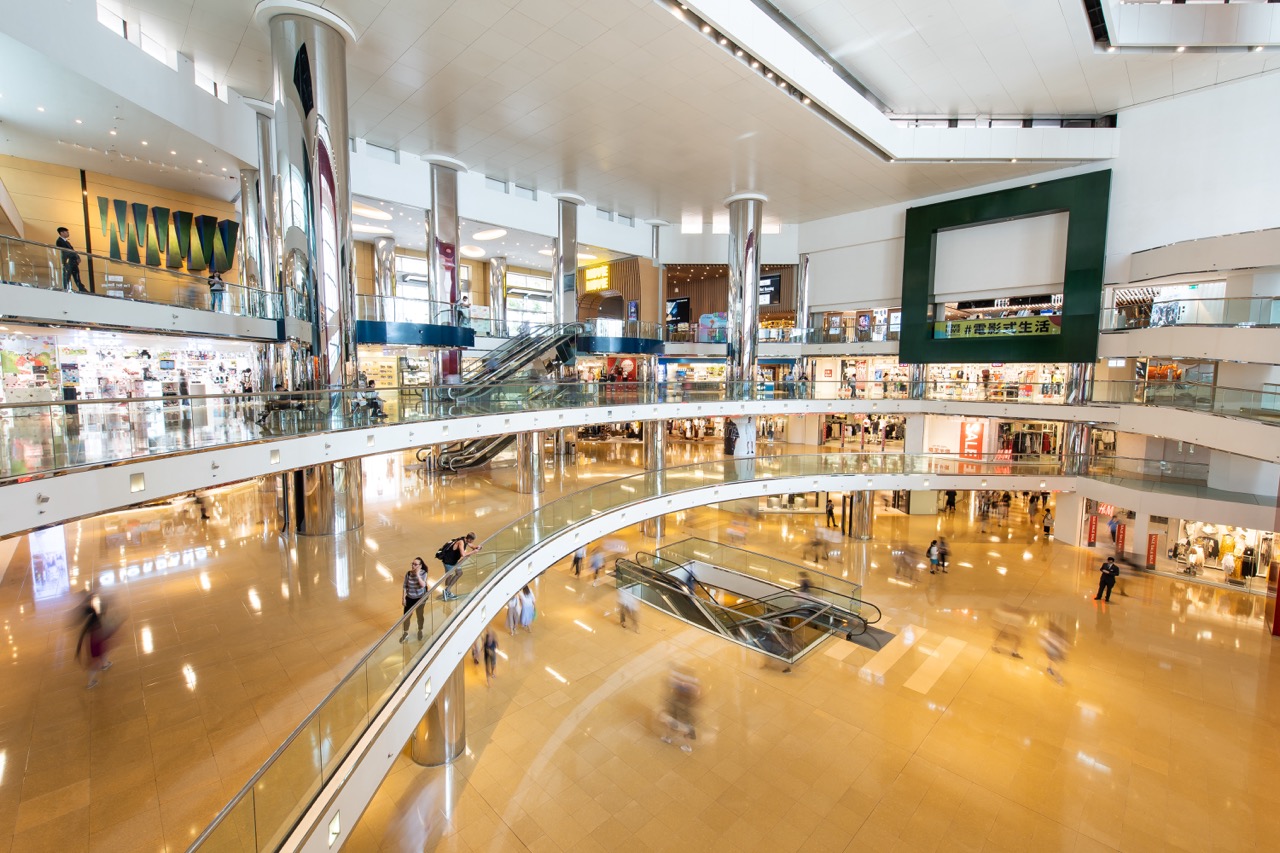Reuse and Recycling of Furniture and Fittings
We continued to expand initiatives to promote reuse and recycling in fit-out and renovation projects throughout 2024.
Sustainable and Responsible Fit-outs at Cityplaza
Sustainable and Responsible Fit-outs at Cityplaza
Our portfolio management teams continue to integrate circular practices into our tenancy negotiations to reduce waste during tenancy transitions.
In 2024, Cityplaza successfully structured several tenancy agreements to ensure that properties are handed over in an “as-is” condition which lessens unnecessary construction waste. We also encouraged the strategic use of existing fit-outs with personalised modifications that resulted in a significant reduction in construction waste and reinstatement costs. By engaging in discussions with outgoing and incoming tenants regarding minor fit-out adjustments that allow for brand character to be maintained in new set-ups, we are able to work collaboratively with tenants to reduce abortive construction works and waste.
Reuse and Recycling of Materials from The Opposite House Demolition
Reuse and Recycling of Materials from The Opposite House Demolition
During the demolition of The Opposite House in Beijing, we prioritised the protective removal of materials to prevent damage to valuable resources and maximise opportunities for reuse and recycling in other parts of our portfolio. Overall, the project aims to have at least 75% of the building’s demolition and site clearance materials reused or recycled.
This careful demolition process allowed us to preserve a wealth of valuable resources for future projects. For instance:
- We retained wooden furniture and bathroom furniture from over 90 guest rooms, including bathtubs, bathroom fixtures, washbasins and wooden flooring.
- Over 300 sets of lighting equipment from the hotel lobby and bar area were kept for reuse as decorations in our Chinese Mainland portfolio. These included table lamps and chandeliers that will be used in another Beijing commercial portfolio.
- We used hoists and lifting equipment to safely remove glass panels, ensuring the secure removal of glass curtain walls for reuse.
- The unique wooden antique entrance doors were retained.
- Metal components, such as door handles, fire pipes and cable trays, along with electronic parts and fixtures such as vents and smoke detectors were retained for reuse wherever possible.
- Brick and concrete debris from the demolition process was crushed into aggregate and processed to produce recycled building materials and concrete.
All collected materials were stored in a warehouse and divided into sections for bathrooms, lighting, furniture, doors and windows and renovation materials. Moisture prevention measures were employed and all materials were clearly labelled for easy identification. A portion of the demolished materials will be repurposed in Taikoo Li Sanlitun, INDIGO II, and used by marketing teams for construction and decorative applications.
To ensure effective resource recovery, we implemented strict management and supervision throughout the demolition process. A digital project management system was deployed to record real-time information on our construction and demolition waste inventory, facilitating dynamic insights and enhancing accountability.
Swire Hotels Supporting Circularity through Donation
Swire Hotels Supporting Circularity through Donation
As part of EAST Hong Kong’s brand adjustment to an “alternative luxury hotel”, some guest room items were replaced in 2024. We ensured that the items being replaced were either donated to NGOs or recycled. These included:
- 2,000 wooden hangers
- 360 “go green” acrylic signs
- 150 acrylic door plates
With the closure of the PUBLIC F&B kiosk in Taikoo Place, we also reused some of the furniture and other items at EAST Hong Kong and donated some 993 kg of items to the Salvation Army. The organisation in turn distributed the donated items to disadvantaged people in Hong Kong.
SEE MORE IN







